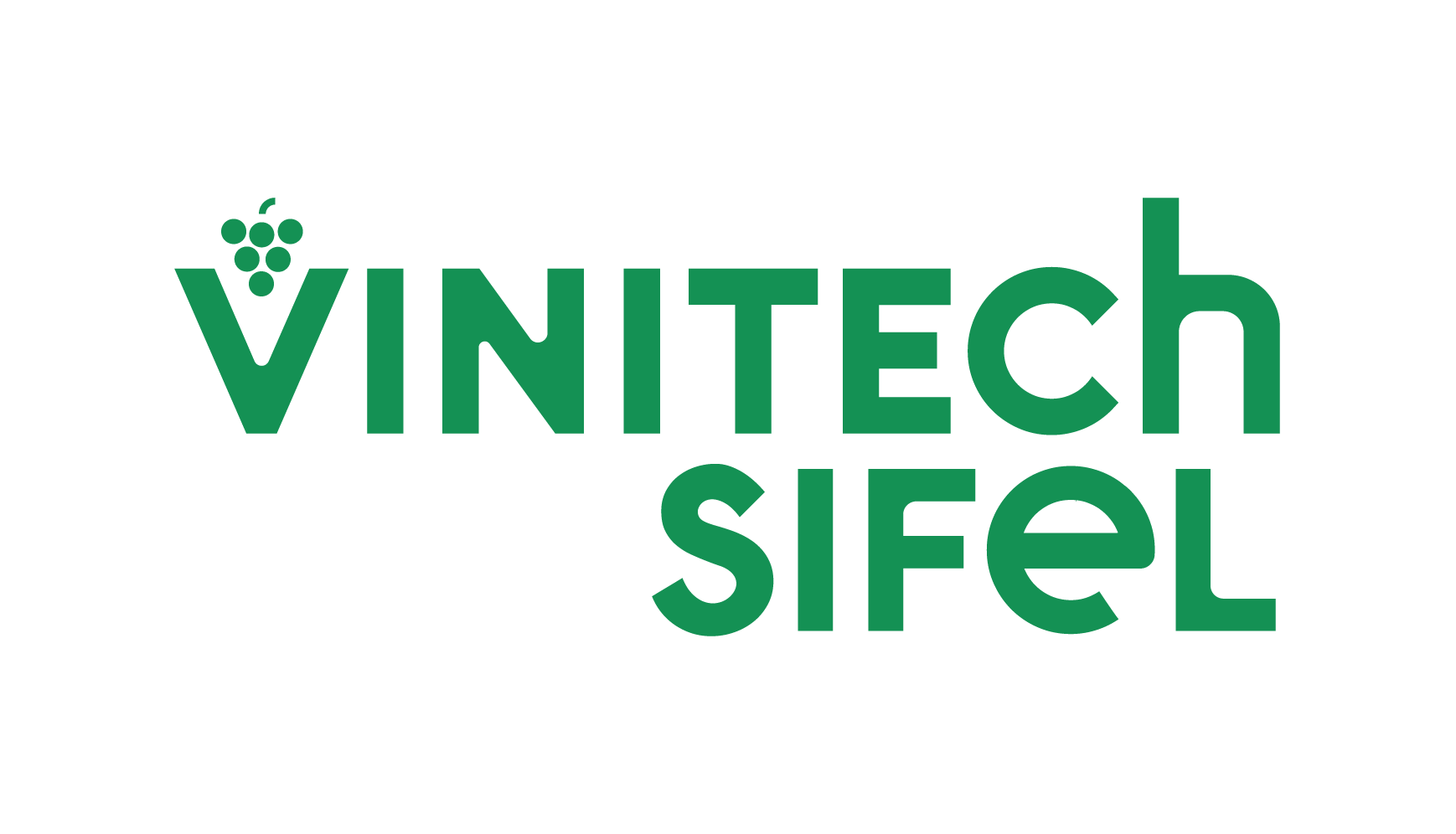Les acteurs du vin font face à une pression croissante pour intégrer le développement durable. Découvrez pourquoi il est devenu indispensable pour rester compétitif sur le marché mondial.
ENQUÊTE V&S NEWS Le développement durable dans le vin : luxe ou nécessité commerciale ?
Les acheteurs de vin, monopoles, importateurs et détaillants, sont de plus en plus regardants et exigeants sur les politiques de développement durable de leurs fournisseurs.
Par Anne Burchett, correspondante V&S News au Royaume-Uni

